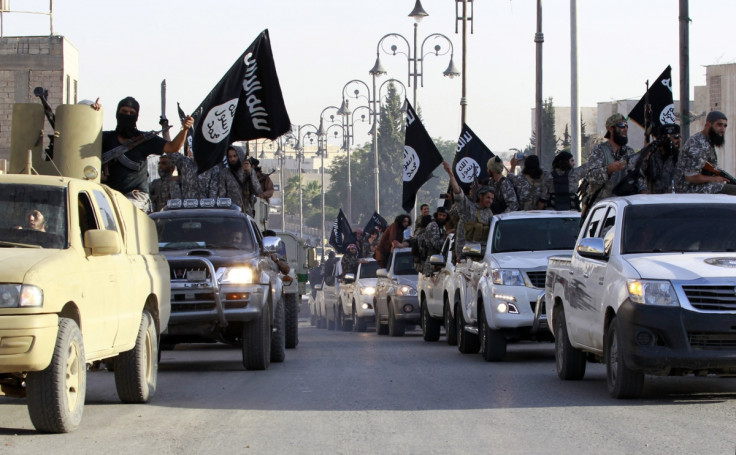Isis in Syria: Stop the march to war – There are alternatives

In the wake of the murderous massacres in Paris, the demand for violent retaliation against Islamic State (Isis) is gaining momentum. David Cameron now plans a renewed bid to secure parliamentary approval for UK air strikes against IS in Syria.
At one level, this is an understandable reaction to the fascist-like tyranny and brutality of IS. But understandable reactions and effective reactions are often two different things. The desire for retribution, no matter how seemingly justifiable in response to the slaughter of so many innocents, is not a sound basis on which to frame political and military policy.
The key question we have to ask is: Will bombing Syria defeat IS? I doubt it. Western intervention in Syria would, in all likelihood, strengthen IS; allowing it to portray our intervention as a 'crusader war' and to depict itself as the defender of Muslims.
The Cameron drive to war must be resisted. It is short sighted, won't work and is likely to be counter-productive. We need less Western military action and more Western support for anti-IS forces inside Syria.
IS wants the West to overreact and crack down hard; in the expectation that this will alienate Muslim people and win them more recruits and supporters. They want to frame their fight as Islam versus the West. Intervention would play into their hands.
Moreover, because IS has deliberately embedded itself in populated areas, air strikes are likely to result in civilian casualties which, apart from being morally wrong, could turn many affected communities against the West and into the arms of IS – in the same way that US drone attacks in Afghanistan have killed innocents, provoked anti-Americanism and boosted support for the Taliban.
A more successful strategy might be to empower the Syrian progressive forces that are currently and very successfully defeating IS: the new multi-ethnic, secular Syrian Democratic Forces, a military coalition comprising Kurdish People's Protection Units (YPG) and Arab, Christian and Assyrian militias; plus elements of the Free Syrian Army.
Between them, they defeated IS at Kobane, have expunged IS from most of northern Syria and this month alone liberated 196 villages and 545 square miles of land from IS control.
Similar victories have been won in Iraq by the Kurdish peshmerga of the Kurdistan Regional Government and the Kurdistan Workers Party (PKK), which last week liberated Sinjar city with the support of Yazidi and Syrian Kurdish forces.
What is the point of Western intervention when Syrians are doing such a great job in freeing themselves from IS oppression? It is true that they've requested and received US air support but on a limited and targeted scale. The battlefield gains have been won primarily by anti-IS ground forces – and, thankfully, with relatively few civilian deaths.
There are also two non-military options.
The first is to cut the financing of IS through its sale of oil produced in the areas it controls. It is making tens of millions of pounds which it uses to buy weapons, train and pay fighters and fund its administration of captured cities. Many of these oil sales appear to be via black market middle men in Iraq, Syria and Turkey.
With less oil funding, IS's military, propaganda and administrative capacity would be degraded.
The second non-military option is to cut IS's supply lines via Turkey, which have been vital in funnelling fighters and equipment to their frontlines. It is truly outrageous that a Nato member state, Turkey, is effectively aiding a terrorist organisation that created bloody carnage in another Nato country, France.
Equally bad, Turkey is actively fighting the main effective resistance to IS, the PKK, and sabotaging the anti-IS Syrian Kurdish YPG.
The drive to war must be resisted. It is short-sighted, won't work and is likely to be counter-productive. We need less Western military action and more Western support for anti-IS forces inside Syria. The non-military options should also be explored.
The last thing we want is a rush to armed intervention and being dragged into another Iraq-style quagmire.
For more information about Peter Tatchell's human rights work, to receive his email bulletins or to make a donation: http://www.PeterTatchellFoundation.org
This article and its headline was amended after publication at the request of the author.
© Copyright IBTimes 2025. All rights reserved.






















